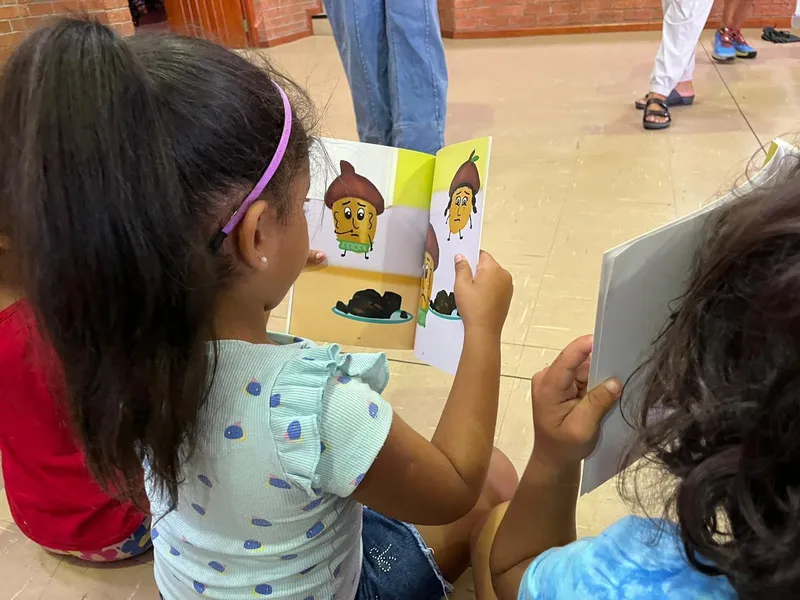Read of the week: The Predicament
Discover William Boyd's 'The Predicament', the thrilling second instalment of the Gabriel Dax trilogy, where Cold War tensions meet personal dilemmas in a captivating ...
Activists call for urgent action on alcohol regulations to safeguard communities
In a powerful march from Mitchell’s Plain to Langa, community activists demand urgent reforms to alcohol regulations, exposing the devastating toll of alcohol abuse ...
Hip-Hop dancer Xiniah Lewin, 10, to represent South Africa in New York
Meet Xiniah Lewin, a determined 10-year-old hip-hop dancer from Mitchell's Plain, who is set to represent South Africa at an international competition in New York. ...
New contact centre in Beacon Valley set to create hundreds of jobs
Beacon Valley's new call centre promises hundreds of job opportunities and vital skills training, marking a significant investment in Mitchell’s Plain's economic ...
Colorado seniors celebrate Valentine’s Day at Westridge Gardens
Colorado Seniors Social Club enjoyed a Valentine’s Day outing to Westridge Gardens on February 16, sharing beautiful weather and fellowship.
The alarming connection between alcohol outlets and gender-based violence in Eastridge
A recent study reveals a troubling correlation between the density of alcohol outlets and incidents of gender-based violence in Eastridge, highlighting the need ...
Controversy leads to last minute postponement of Safa Cape Town elections
A last-minute settlement has postponed SAFA Cape Town’s regional elections after a legal challenge over the nominations process
Jacobs extends unbeaten run in explosive Battle in the Plains 2 showdown
Lentegeur boxer Mika-eel “The Silent Assassin” Jacobs kept his unbeaten professional record intact with a hard-fought victory over Gift Bholo in the headline bout ...
Peninsula Marathon — a last-chance qualifier for Two Oceans Ultra
The Mother City’s iconic coastal route witnessed sweat, tears, and triumph on Sunday as hundreds of runners raced in the Peninsula Marathon, chasing qualification ...
Star player Feinberg-Mngomezulu among those honoured at Cape Town sports awards function
Rugby star Sacha Feinberg-Mngomezulu headlined the annual Cape Town Sport Council awards, with leading athletes, officials and community figures recognised for excellence ...
Tafelsig Primary School's unique take on Valentine’s Day pageant
Tafelsig Primary School hosted a Valentine’s pageant celebrating individuality and confidence. Winners Cayleb Hess and Tara Davids impressed with their personalities. ...
Meet Roché Cupido: The 13-Year-Old young commissioner making a difference in her community
At just 13 years old, Roché Cupido was appointed as a Young Commissioner at Lentegeur Police Station, aiming to uplift her peers and advocate for social issues in ...
Mitchell's Plain's Martheze claims All Africa Blackball Championship
Mitchell's Plain's Shaun 'The Jaguar' Martheze has conquered Africa's best, claiming the All Africa Blackball Singles Championship despite battling a back injury. ...
